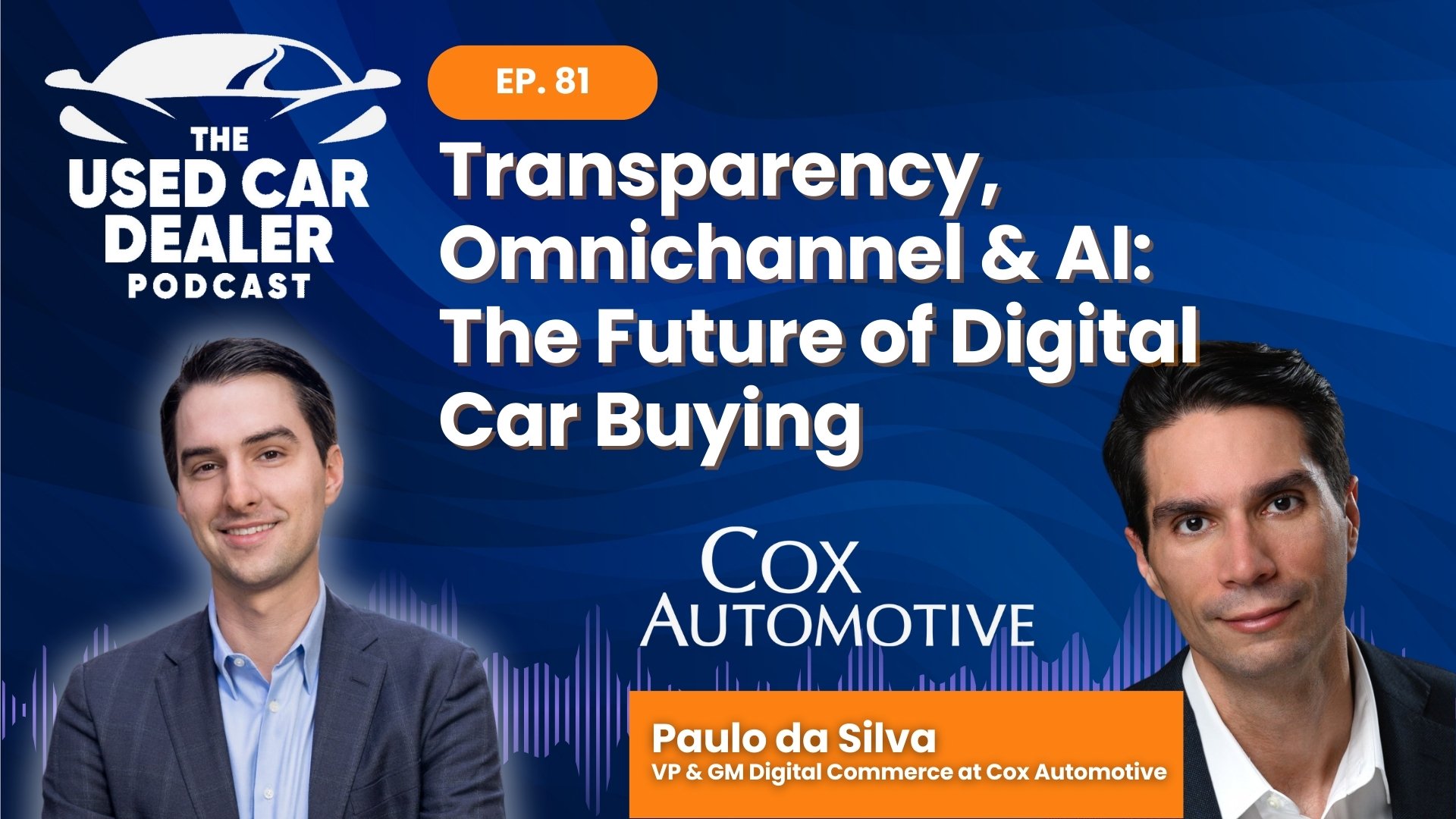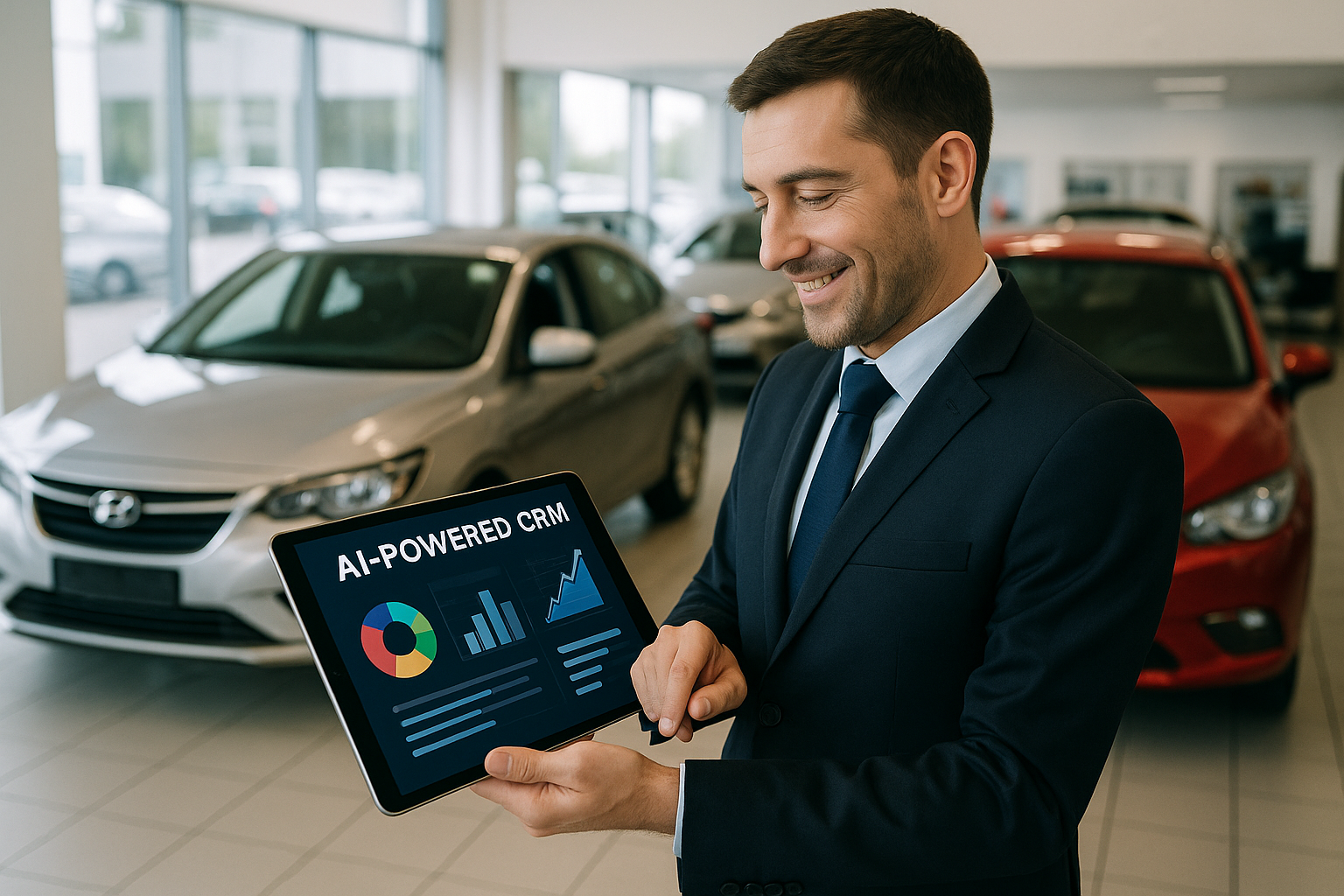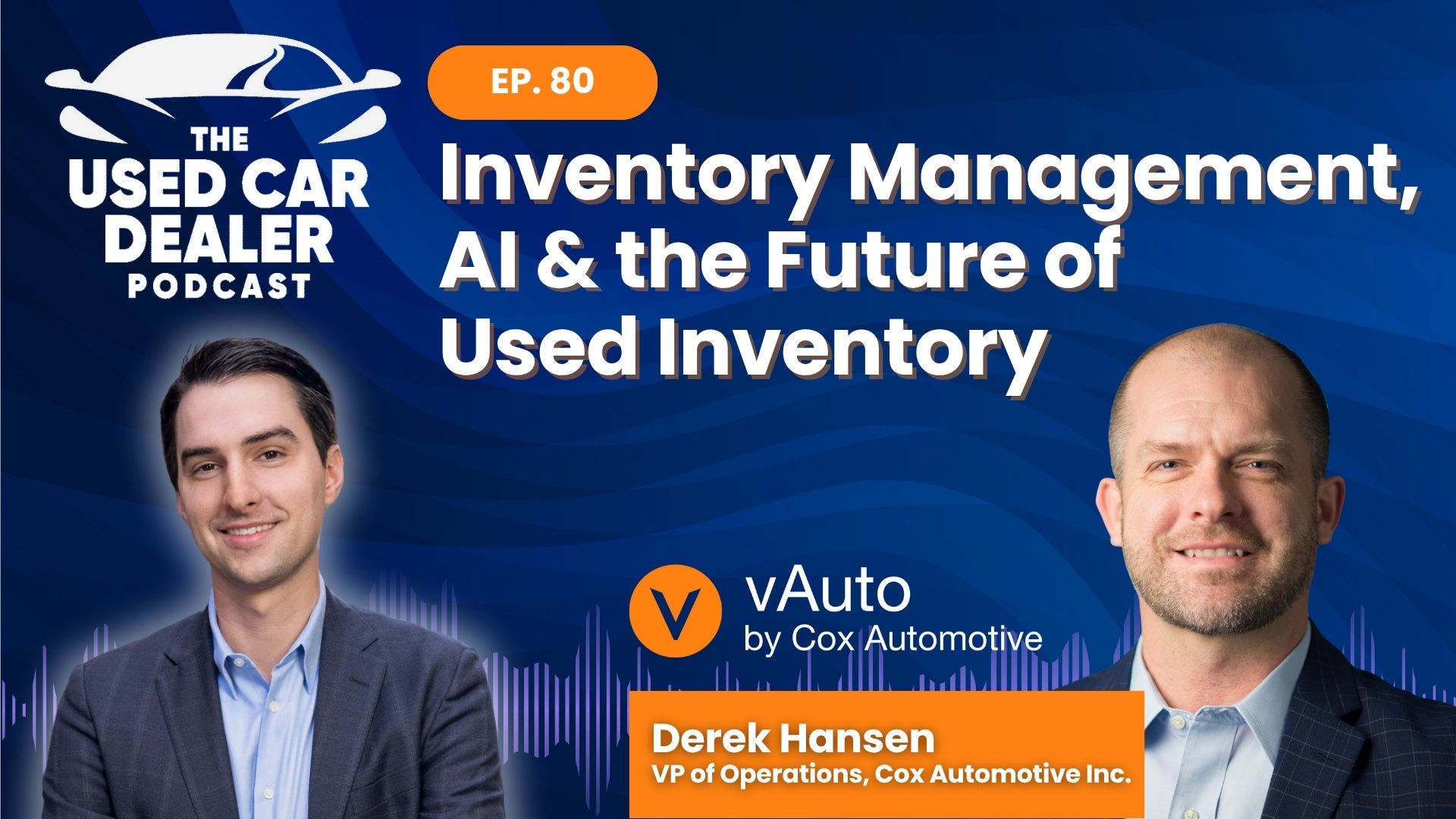The used car business has always rewarded hustle and personal relationships, but in today’s digital-first world, that alone is no longer enough. Independent and Buy-Here-Pay-Here (BHPH) dealers, once able to compete on location and inventory alone, now face buyers who arrive informed, connected, and demanding speed. The traditional ways of selling cars—waiting for walk-ins, relying on cold calls, and managing leads on paper—are not keeping pace with the way buyers shop today.
Almost every car purchase now begins online. A report in the Wall Street Journal noted that more than 95% of used car buyers start their research on the internet before ever stepping onto a lot (WSJ). Whether browsing inventory on Facebook Marketplace, checking prices on Kelley Blue Book, or scrolling Craigslist, buyers form impressions long before the first phone call or handshake. If a dealership’s digital presence is outdated, or if inquiries go unanswered, that buyer is lost before the salesperson has a chance to connect.
Speed of response has become just as important as inventory. According to data from the National Automobile Dealers Association, 72% of buyers expect a response from a dealership within the same day (NADA). For many, “same day” really means “same hour.” Yet independent stores with lean staff struggle to keep up, juggling calls, emails, texts, and walk-ins. Every hour that passes without a response increases the odds that the buyer contacts another dealer.
The gap between buyer expectations and dealer realities is widening. Research from CBT News and Autotrader found that 92% of vehicle sales are influenced by interactions that never get recorded in a dealer’s CRM (CBT News). That means dealerships may be losing sight of nearly all their customer touchpoints. A quick text, a Facebook message, a missed call—each can influence a sale, yet without the right tools, these interactions disappear into thin air. Dealers who cannot capture and organize them are essentially blind to the majority of their sales funnel.
Communication channels themselves are shifting. Email, once the mainstay of digital sales, is steadily declining in effectiveness. Studies show that dealership emails average a 6–10% open rate, while 98% of SMS messages are opened, most within three minutes (Demand Local). For used car dealers, that gap is enormous. A dealer who relies only on email campaigns is leaving money on the table compared to one who sends timely, relevant text messages. This is not just about convenience—it is about reaching buyers where they actually respond.
Independent dealers know they need to modernize, but the options have not always been attractive. Many generic customer relationship management (CRM) systems are designed for enterprise sales teams or large franchise groups, not for used car dealerships. They may be bloated with features that don’t apply, priced beyond reach, or missing integrations with the tools dealers actually use, such as Frazer, DeskManager, or WebManager. Others attempt to run without any CRM at all, relying on memory, spreadsheets, or sticky notes—a strategy that inevitably leads to missed opportunities and disorganization.
Dealer-focused platforms are emerging that are tailored to the realities of independent stores. By combining CRM, communication tools, text marketing, and proposal management into one system, they remove the chaos that often defines smaller operations. These platforms centralize all interactions, integrate directly with dealer management systems, and even use artificial intelligence to automate routine tasks like follow-ups or conversation summaries. Instead of overwhelming small teams, they make lean operations more efficient, giving them an edge in a market where every lead counts. It’s also clear that text communication is not a trend—it is the standard. A dealership that sends a professional text campaign announcing new arrivals or a limited-time discount will likely see responses within minutes. Compare that to waiting days for an email reply, and the difference in lead conversion is dramatic. For independent dealers who cannot afford to waste time chasing unresponsive leads, SMS marketing is the most efficient way to get buyers to act.
Large franchise groups will always have bigger budgets and more staff, but independent dealers do not need to compete on size. They can win on speed, personalization, and customer experience. Buyers are not loyal to the biggest lot; they are loyal to the dealer who made their purchase fast, easy, and trustworthy. That means the independent store that responds first, presents professional proposals, and stays connected across multiple channels can outcompete even the largest groups.
This is the reality that Selly Automotive CRM was built to address. Unlike generic platforms, Selly was designed for independent and used car dealers from the ground up. It centralizes texts, calls, and emails into one dashboard, integrates with major DMS providers, and empowers sales teams with AI-driven automation. It provides branded, customizable proposals that elevate professionalism and powerful SMS tools that reach customers where they actually respond. Most importantly, it delivers these capabilities in a way that is affordable and accessible to smaller dealerships.
The future of the used car business will not be defined by who has the largest inventory, but by who manages leads most effectively and delivers the best customer experience. Independent dealers who modernize their processes with the right tools will not just survive—they will thrive in this new era. Those who cling to outdated systems, on the other hand, will increasingly find themselves left behind by competitors who move faster and communicate better.
For independent dealers ready to modernize, Selly Automotive offers a proven path forward. To learn more about how Selly can help your dealership capture more leads, respond faster, and close deals more professionally, visit sellyautomotive.com.

.jpg)
.png)




.jpg)
.jpg)
.jpg)

.png)
.png)
